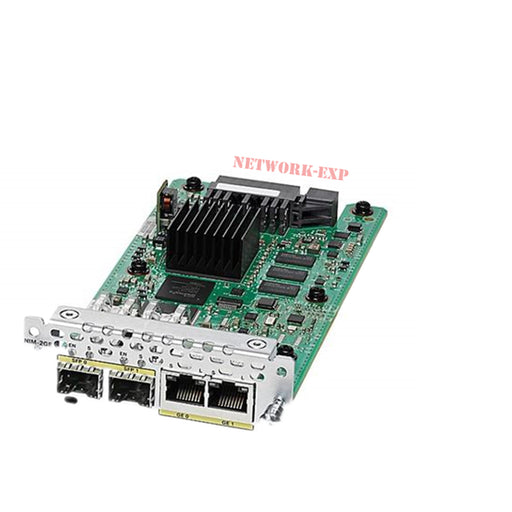H3C S5130S-52S-LI L2 Ethernet Switch
Product Feature
- Abundant Service Capabilities
- IRF2 (Intelligent Resilient Framework 2)
- Abundant QoS Policies
- Comprehensive security control policies
- Excellent Manageability
- Rich Layer 3 routing features
- **Power NEEDED to utilize the product**
- **One power must work with at least one fan, two recommended**
- Description
- Reviews
-
Product Overview
H3C S5130S-LI is the latest development of Gigabit speed Layer 2 Ethernet switch. It’s the second generation intelligent managed switches designed for networks requiring high performance, high port density, high uplink bandwidth and easy to use. H3C S5130S-LI series switch offers Gigabit connectivity and large uplink bandwidth with10/100/1000 autosensing ports and 10G SFP+ uplink. H3C S5130S-LI series switch includes two models as follows:
- S5130S-52S-LI: 48-port 10/100/1000TX Ethernet, 4-port SFP+
 Click Here to Download Datasheet
Click Here to Download DatasheetHardware Specifications
Item
S5130S-28S-LI
S5130S-52S-LI
Switching capacity
128Gbps
176Gbps
Packet forwarding rate
96Mpps
132 Mpps
Dimensions (H × W × D)
43.6 × 440 × 160 mm
43.6 × 440 × 230 mm
Weight
< 2.5 kg
< 3.5 kg
Console ports
1
Service ports
24-port 10/100/1000Base-T
4-port SFP+
48-port 10/100/1000Base-T
4-port SFP+
Input voltage range
100 VAC to 240 VAC @ 50 Hz/60 Hz
Power consumption
MIN AC: 10W
MAX AC: 24W
MIN AC: 19W
MAX AC: 44W
Operating temperature
0ºC to 45ºC
Operating humidity
10% RH to 90% RH, non-condensing
Stacking
Intelligent Resilient Framework 2 (IRF2)
Link aggregation
GE/10GE port aggregation
Static aggregation
Dynamic aggregation
M-LAG
Jumbo frame
Supported
MAC address table
Blackhole MAC address
MAC learning limit
Flow control
802.3x flow control and half-duplex backpressure
VLAN
Port-based VLAN
QinQ
Voice VLAN
MAC VLAN
ARP
ARP Detection
ARP speed limit
ND
Supported
VLAN virtual port
Supported
DHCP
DHCP Client
DHCP Snooping
DHCP Relay
DHCP Server
DHCP Option82
DNS
Static and Dynamic DNS
IPV4 and IPV6
Routing protocols
IPV4/IPV6 static routing
RIP/RIPng, OSPFV1/V2/V3
Strom suppression
Storm suppression based on port bandwidth percentage
Storm suppression based on PPS
Layer 2 ring network protocol
STP/RSTP/MSTP
STP Root Protection
Smart Link
RRPP
Mirroring
Flow mirroring
Port mirroring
QoS/ACL
Packet filter
Flexible queue scheduling algorithms based on ports and queues, including SP, WRR and SP+WRR
Bidirectional ACL
Port-based speed limit
Flow redirection
Time-range
Layer 2 ring network protocol
STP/RSTP/MSTP
STP Root Protection
Smart Link
RRPP
Security
Hierarchical user management and password protection
MAC-based authentication
802.1X
SSH2.0
Port isolation
IP source guard
HTTPs
EAD
Loading and upgrading
Loading and upgrading through FTP/TFTP
Management and maintenance
Configuration from CLI
Login through Telnet, and the console port
Simple Network Management Protocol (SNMP)
Remote Monitoring (RMON)
IMC network management system
WEB management
System log
Alarming based on severity
IRF
NTP
Debugging information output
Telnet-based remote maintenance
NQA
DLDP
Virtual Cable Test
-


 Click Here to Download Datasheet
Click Here to Download Datasheet



